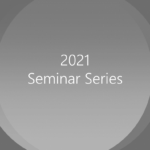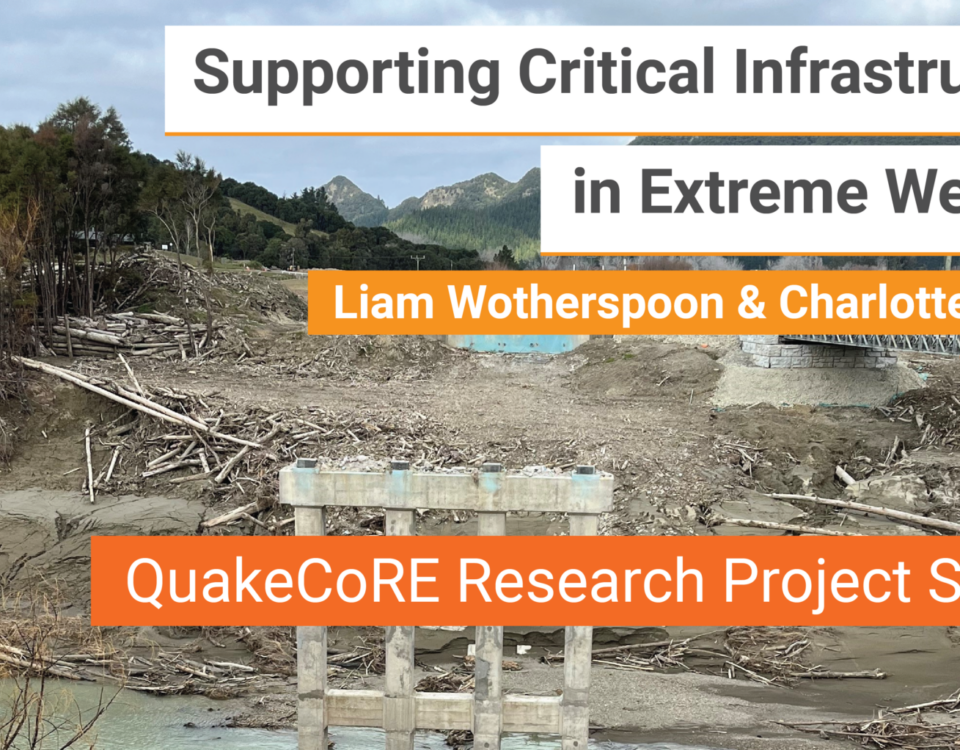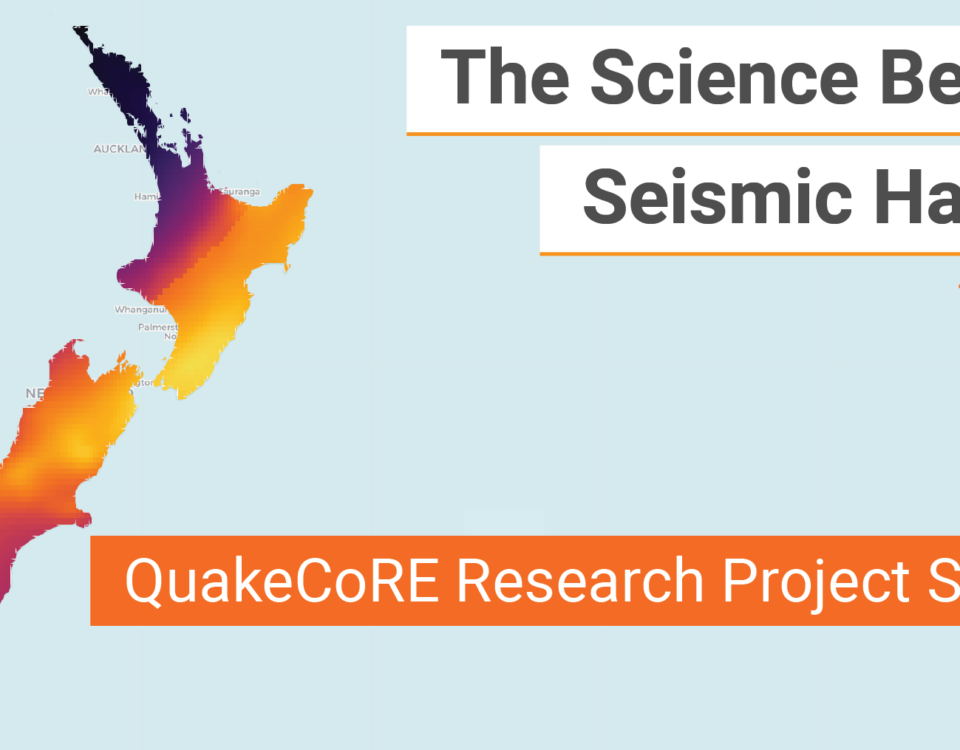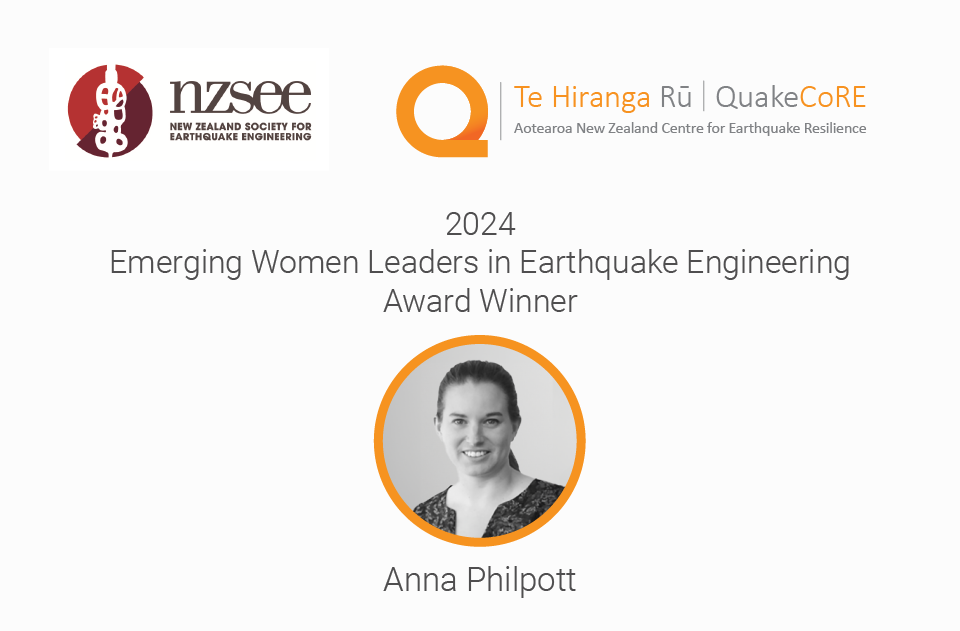
Welcome Anthony Hoete, Pouwhakahaere Māori | Associate Director – Māori
June 2, 2021
QuakeCoRE Seminar – 17 September 2021
June 18, 2021QuakeCoRE 2021 – 2028 Research Programme – Disciplinary Theme 1: Integrated Seismic Geohazards
10 am Friday 6th August
| Programme Area Leader: Brendon Bradley (University of Canterbury) Programme Area Co-Leader: Rolando Orense (University of Auckland) & Programme Area Co-Leader: Tim Stahl (Victoria University of Wellington) |
Abstract
Earthquake-induced ground motions, liquefaction, and other geohazards (e.g., surface fault rupture and landsliding) are primary causes of damage and disruption to the built and natural environments. An improved fundamental understanding of such phenomena, and subsequent improvements in predictive capability are essential to understanding the impacts of seismic events on rural and urban infrastructure. The recent 2010-2011 Canterbury and 2016 Kaikōura earthquakes have aptly illustrated significant ground motions and near-surface site amplifications; extensive liquefaction of land and damage to over 8000 residential homes in Christchurch, and port facilities in Wellington; and landslides and slope instability in Christchurch’s Port Hills and the State Highway 1 road and rail network on the Kaikōura coastline causing closure for over 1 year. Datasets and consequent knowledge amassed by QuakeCoRE researchers and their collaborators provide internationally-unique opportunities toward advances in understanding and modelling these geohazards individually, as well as unified data collection and modelling approaches to enable integrated predictions to more efficiently mitigate future impacts.
Scope and Objectives: This disciplinary theme focuses on the principal research question – what are the salient physics and mechanics that govern seismic geohazards and how can we advance prediction accuracy and precision through integrated observational, empirical and physics-based datasets, methods, and associated tools? These geohazards span the traditional disciplines of engineering seismology, geotechnical engineering, and engineering geology, which this disciplinary theme will synthesise to enable significant advances in understanding and predictive modelling. Furthermore, utilising modern tools and methods also provide new avenues, in particular: (i) monitoring and sensing (both explicit and remote sensing); (ii) application of machine learning methods to data-rich problems to infer salient physics that is currently poorly understood; and (iii) physics-based models that attempt to honour governing mechanics. Targeted laboratory and field experiments will be undertaken toward achieving the overall aims within this theme.
For details on how to join the seminar – return to the 2021 Seminar series home page link
How to join the Seminar
10:00 AM Friday 6th August
Zoom link
(password – 389905)





